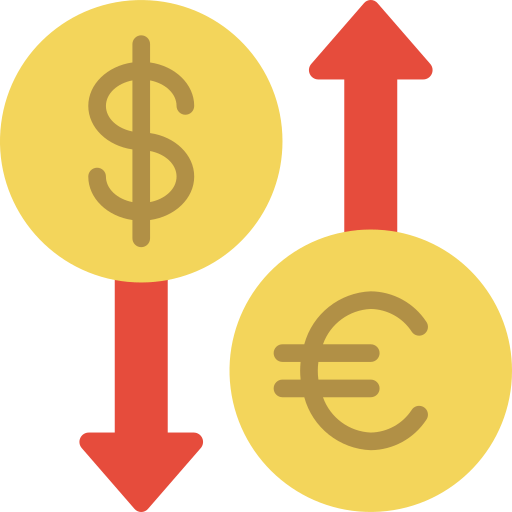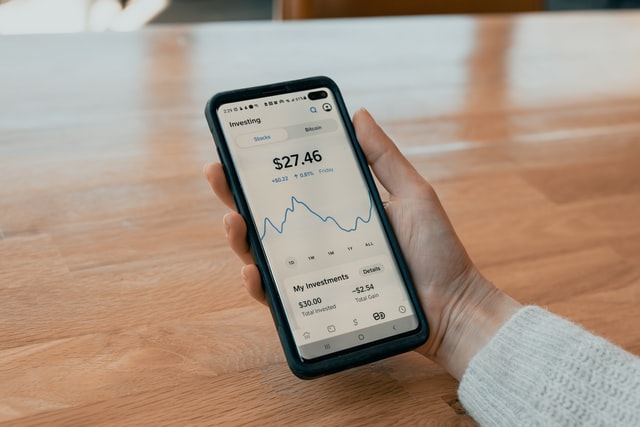Forex or the forex exchange market trades the most liquid among all the other trading markets. The financial market trades volumes of currencies that add up to trillions daily. Moreover, forex is an over-the-counter financial market with no central place for trading currencies, and unlike other trading markets, it is the least volatile.
Liquidity, volume, and volatility are conditions mostly referenced to the financial market. However, new forex traders might not understand how the three interact to describe the conditions in the financial market. For example, a market is liquid enough if it absorbs all the currency volume with as little volatility as possible.
Volume
Trading size and trading volume are terms in forex trading to describe the size of the trade. Forex trading volume is the number of positions traded within a specific time frame in a currency pair. Another name for forex volume is the turnover, which simply means the amount of currency changing hands between buyers and sellers.
Forex does not have a central exchange-reporting center, which makes volume opaque. This means that brokers do not have any obligation to share their volume data with the public. Volume does not affect market volatility or speed because prices can rise or fall rapidly, even in a thin market.
Liquidity
Forex liquidity refers to the status or depth of the market. It determines how active a market is by the total volume trading. The forex market has a turnover of trillions daily, which makes it highly liquid. The other reason for the high liquidity nature of the forex market is the 24-hour trading every day during the weekdays.
Liquidity also allows traders to buy or sell at the current market price without too much market movement. This means that you can buy or sell whatever volume you want without affecting the current market price when the market is liquid. Throughout the day, major financial centers open and close their trading, which leads to the fluctuation of liquidity.
However, the impact does not have too much effect because forex trading has high volumes in many other centers around the clock. Economic news events can also lead to low liquidity in the forex market, especially if there is an upcoming risky event with too much uncertainty surrounding it. Traders hold back for fear of making losses.
Volatility
One of the most common features of forex trading is the fluctuation of price movement, which varies from time to time. The volatile environment in forex trading is the variation in the price movements, and the time it takes to occur. Forex trading has the lowest volatility among all other trading markets, but that does not mean that it cannot influence the price changes. Currency pairs have either low or high levels of volatility.
Your trading method should depend on the market volatility. When the market has low volatility, it becomes less desirable for any trade because the potential for any big wins is considerably low. On the other hand, when the volatility environment is high, the market is quick to make big moves making it an excellent time to trade.
The Best Forex Volatility Trading Tips
If you want the best out of the market volatility, whether high or low, the following trading strategies will help you to maximize your profits.
- Use indicators and trading charts for all your trades
- Always keep your ear on the ground and be on the lookout for current affairs. Trade news and events from around the world greatly influence the currency market
- Always follow your forex trading strategy plan
- Use stop losses any time you can
- Keep the size of your trading position low
- Maintain a forex trading journal
What is the relationship between volume, liquidity, and volatility?
Volume and liquidity depend on just a single factor, while volatility depends on several of them. Volatility is a broader concept and directly results from the total volume traded in the market and the available liquidity.
Traders emphasize and show more interest in market liquidity and volatility than they do in market volume. Market liquidity and volatility are easier to determine the direction of trade than volume does.
Conclusion
Forex trading is challenging, especially if you are beginning. It is vital to have as much knowledge as you can on the market. It would be best to learn how to limit your volatility risk by investing in highly volatile currencies, or when it is safe to trade with minimum market liquidity and volume, to understand when it is safe to invest in highly volatile currencies.
Overall, the three are the essential trade features, but your success largely depends on the trading strategies you use.

